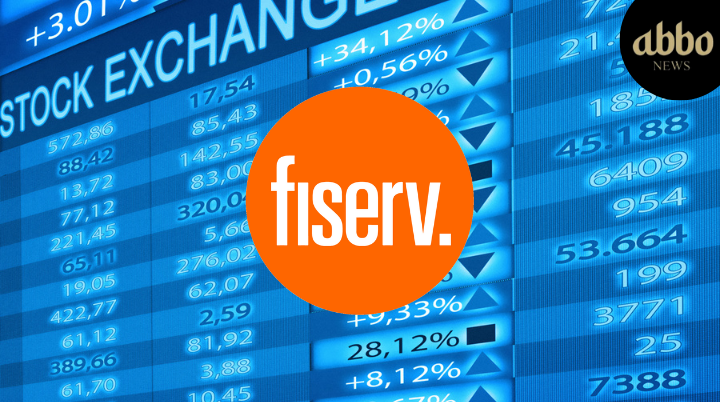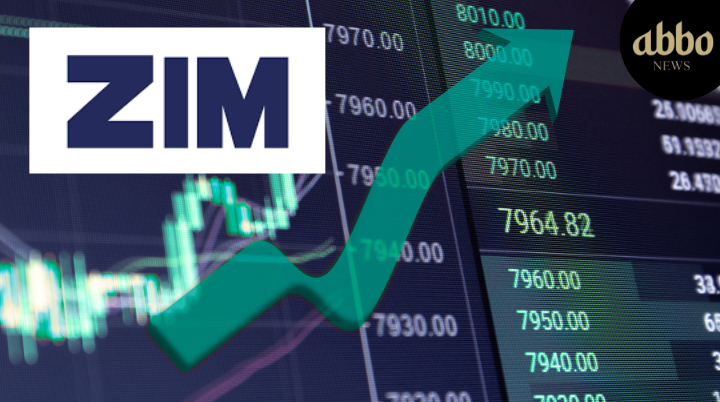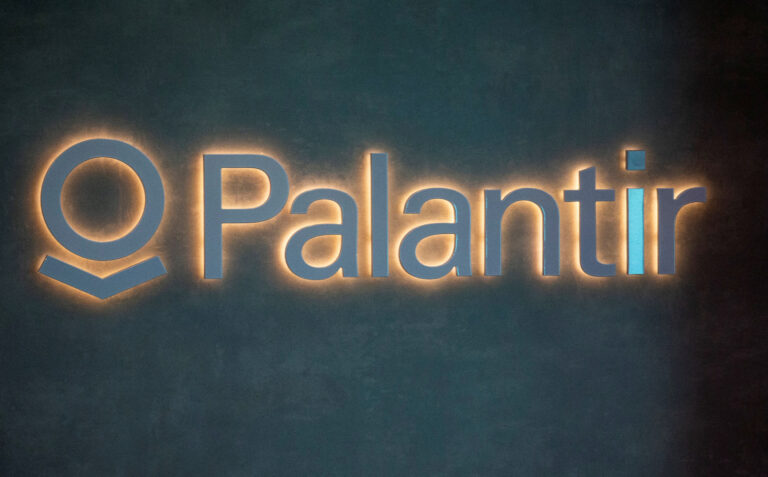WASHINGTON – New Boeing (NYSE: BA) CEO Kelly Ortberg met this week with the head of the Federal Aviation Administration as the planemaker faces numerous regulatory issues and increased scrutiny, an agency official confirmed.
Ortberg told employees on Friday in an email he had met with the FAA this week and discussed the company’s safety and quality plan. FAA administrator Mike Whitaker in January barred Boeing from boosting production of its best-selling 737 MAX after a door panel blew out during a January 5 flight on a new Alaska Airlines jetliner.
Ortberg, who took over as CEO on August 8, wrote to employees that he told the FAA of the company’s “focus on true culture change, empowering employees to speak up when they see potential issues and bringing the right resources together to solve them.”
Ortberg held his first board meeting as CEO this week and met with Pentagon and other officials. The company also faces ongoing labor talks.
In May, Whitaker said he planned to travel to Seattle in September to meet with the company about its quality efforts. Whitaker has said the agency will continue its increased on-site presence at Boeing and fuselage supplier Spirit Aerosystems for the foreseeable future.
In June Whitaker said at a Senate Commerce hearing that the FAA was “too hands-off” in oversight of Boeing before January. “The FAA should have had much better visibility into what was happening at Boeing before Jan. 5,” Whitaker said.
This month, Boeing (NYSE: BA) said it suspended test flights on its 777x which is awaiting certification. A component between the engine and airplane structure was discovered with cracks during a maintenance check and cracks were also found on the other test planes.
In July, Boeing began certification flight testing of its long-delayed 777-9 with FAA regulators onboard after receiving type inspection authorization, a critical milestone in a multi-step process needed to win certification of a new airplane.
Last month, Boeing agreed to plead guilty to a criminal fraud conspiracy charge and pay at least $243.6 million after breaching a 2021 agreement with the U.S. Justice Department.
(Source: ReutersReuters)













